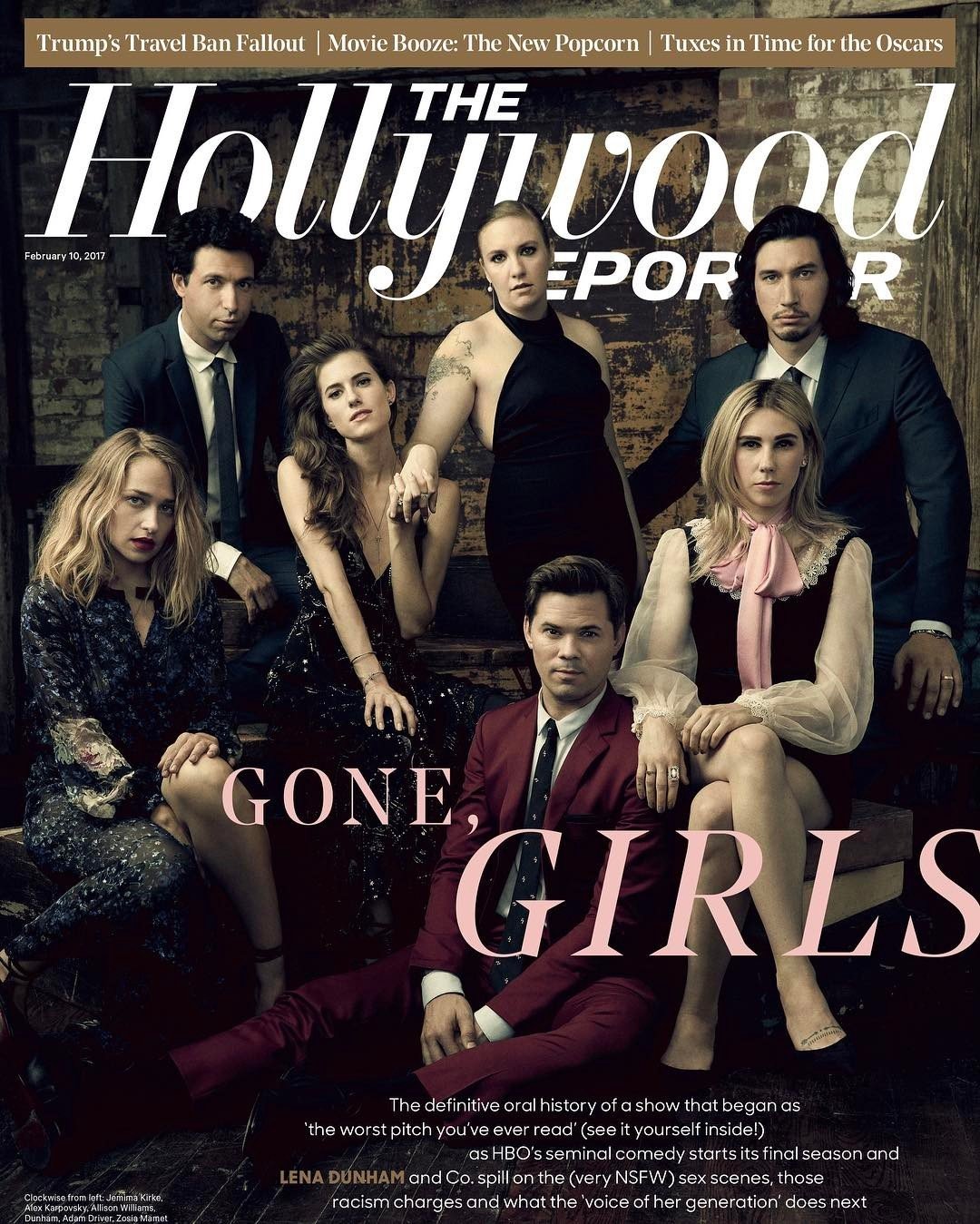Over the course of five seasons, HBO's "Girls" has pushed the boundaries of cable television.
From showing Desi (Ebon Moss-Bachrach) performing analingus on Marnie (Allison Williams) to showing Natalia (Shiri Appleby) crawling on all fours before having rough sex with Adam (Adam Driver) to showing Shoshanna (Zosia Marnet) smoking crack, "Girls" has continually nudged the "appropriate" needle.
However, it seems even HBO has its limits.
Lena Dunham and Judd Apatow, the show's co-executive producers, revealed the one sex scene HBO refused to air during a roundtable with "The Hollywood Reporter."

In season two, Marnie has sex with Elijah (Andrew Rannells), a gay character who used to date Hannah Horvath, who's played by Dunham. In that scene, Dunham and Apatow wanted to include a shot of Elijah cumming.
"From the beginning, we were aware that what we were doing was sexually provocative, and that's what made it interesting and new and fun," Apatow said. "Lena wanted to reveal something that is normally hidden — so often you're not talking about a giant part of most people's lives because people don't want to portray it on film — and that opened up tons of stories that you're usually not able to tell."
That's where HBO drew the line. The network told the show's producers that airing a cum shot could cost them their broadcasting license.
Eventually, "Girls" got the cum shot it wanted.

In season four, Adam begins dating Natalia (Shiri Appleby). In a controversial sex scene that several critics considered a rape, Adam's orgasm is clearly shown. However, it wasn't actual semen in his shot.
Instead, the show used a mixture of conditioner and Cetaphil to get the desired effect.
The end of the scene drew a lot of debate about the importance of enthusiastic consent, which Natalia didn't express before or during sex. Instead, at the end, she tells Adam, "I don't think I like that. I, like, really didn't like that."
Yet, the show's creators don't understand why the scene's considered controversial.
"When people watched that scene and said, 'Is that rape?' I was surprised," showrunner Jennifer Konner said. "To me, that was a fully consensual bummer of a sex scene. But that was one where people got upset, and I was thrilled for the feedback because it was really thoughtful and emotional — it wasn't just this knee-jerk, 'Oh, we did something else that pissed people off.'"
HBO's leeriness about a cum shot is strange, especially since the network has a propensity for airing rape scenes.

Both "Game of Thrones" and "Westwood" featured disturbing rape scenes that garnered mass criticism. "Westwood" includes the rape of a female android by a human male guest. Similarly, several female characters, including Sansa Stark, have been raped on "Game of Thrones."
The criticism has been so pointed that HBO's top executive, Casey Bloys, addressed it during a Television Critics Association panel in July.
When asked if HBO's shows are relying too much on sexualized violence, Bloys defended the network's inclusion of rape.
"Using 'Game of Thrones,' violence is not just specific to women, it's men and women," he said. "It's indiscriminate, I would say, so I don't think so. I think it's violence in general. I don’t know that it's specific to women. Men are killed as well."
He also said the violence on "Game of Thrones" and "Westworld" isn't "specifically isolated to women."
HBO's willingness to defend sexual violence while simultaneously barring sexual pleasure should raise eyebrows.

If seeing an orgasm is more dangerous to a network than seeing a rape, television has a lot of work to do.




